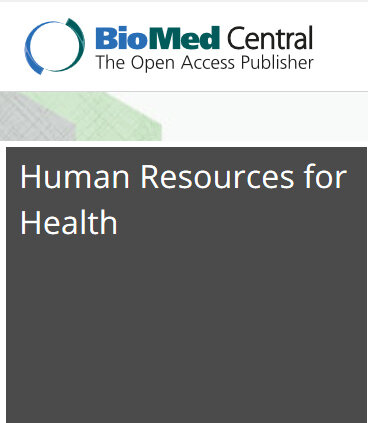In den kommenden Wochen intensiviert das Netzwerk Medicus Mundi Schweiz (MMS) seine Auseinandersetzung mit der Thematik „Arbeiten in fragilen Kontexten“. Am 24. August führen wir gemeinsam mit der Direktion für Entwicklung und Zusammenarbeit und dem Schweizerischen Roten Kreuz eine Fachtagung dazu in Bern durch, die sich auf die praktischen Aspekte konzentrieren wird. Stärker auf den politischen Rahmen der Thematik werden wir uns schliesslich am 2. November 2016 an unserem jährlichen MMS Symposium fokussieren.
Die Arbeit in fragilen Kontexten stellt für die Entwicklungszusammenarbeit eine enorme Herausforderung dar. In diesen Kontexten sind zentrale Bedingungen, die für die soziale und wirtschaftliche Entwicklung einer Gesellschaft notwendig sind, nur rudimentär gegeben. Und in fragilen Kontexten stehen verschiedene politische und gesellschaftliche Faktoren den entwicklungspolitischen Zielen als sich immer wieder verändernde Hindernisse im Wege.
Faktoren der Fragilität
Der Fund for Peace, der alljährlich den sogenannten „Fragile States Index“ (FSI) herausgibt, bewertet Fragilität von Staaten aufgrund von zwölf sozialen, ökonomischen und politischen Indikatoren. Der Index mit seinen Indikatoren bestimmt ziemlich stark die Diskussion rund um die Fragilitätsdebatte innerhalb der Entwicklungspolitik.
Auf einige dieser Faktoren, welche die Fragilität beeinflussen, versuchen die in der Gesundheitszusammenarbeit tätigen Organisationen Einfluss zu nehmen. Sie sind Experten darin, entwicklungshemmende Hindernisse zu überwinden, fragile Strukturen zu stärken, damit sie krisenfester werden. Im Zentrum stehen dabei immer die Menschen. Diese und ihre Gemeinschaften zu stärken ist wohl eine der grössten Herausforderungen – gerade in einem oft durch Gewalt geprägten Umfeld, mit all den Spuren der Traumatisierungen.
Auf der einen Seite geht es also darum legitime staatliche Strukturen und ein darin verankertes Gesundheitssystem aufzubauen. Auf der anderen Seite aber geht es um einen emanzipatorischen Ansatz, die lokale Bevölkerung zum zentralen Akteur des Weges aus der Fragilität zu machen.
Politische Fragestellungen nicht vernachlässigen
Doch welche Rolle spielen dabei die Geberländer und die internationale Gemeinschaft? Sie können Richtlinien ausarbeiten (New Deal for Engagement in Fragile States) und durchzusetzen versuchen; sie können die verschiedenen Akteure sensibilisieren und allenfalls Sanktionen erlassen. Hier darf das Engagement aber auf keinen Fall enden.
Deutlich wird dies, wenn wir uns nochmals dem „Fragile States Index“ zuwenden. Dieser zeichnet sich dadurch aus, dass er symptomatisch innerstaatliche und innergesellschaftliche Faktoren der Fragilität beschreibt. Damit erscheint Fragilität als ein einzig hausgemachtes Problem – losgelöst vom internationalen politischen Umfeld. Blicken wir nach Afghanistan, Syrien oder Irak können wir dies nur als Unsinn qualifizieren. Die politische Fragestellung in der Fragilitätsdebatte muss also weitergreifen und auch nach globalen Faktoren von Instabilität fragen.
Martin Leschhorn Strebel
Netzwerk Medicus Mundi Schweiz























